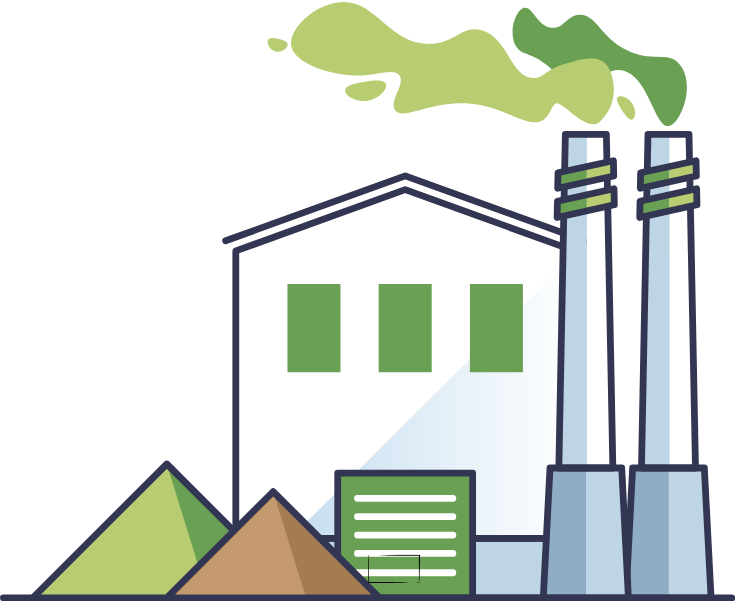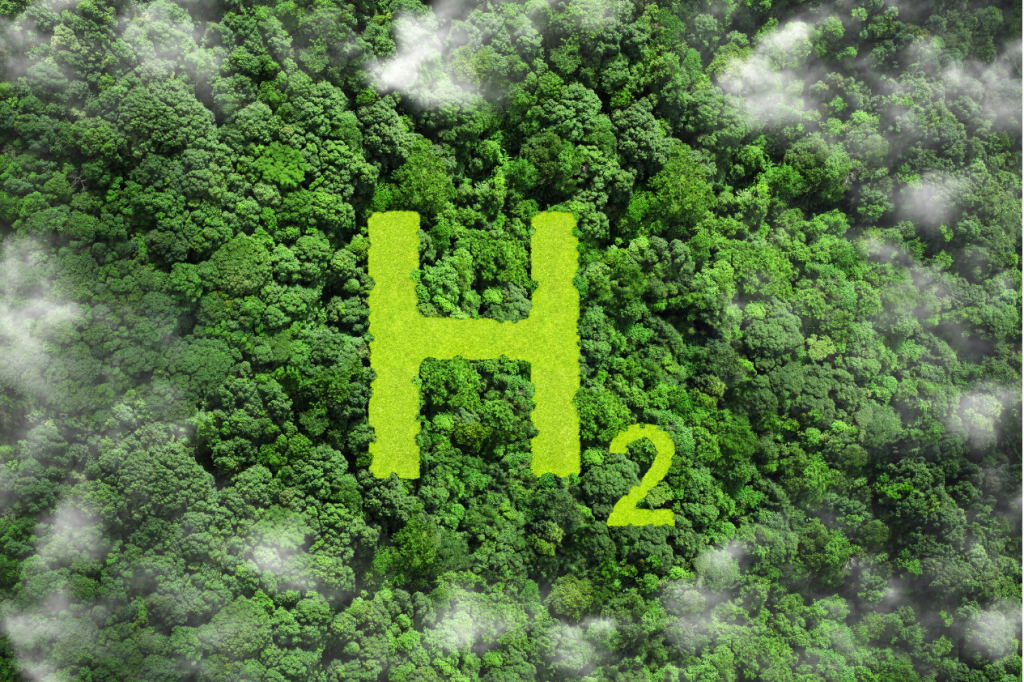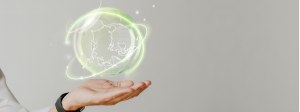
More Financing for Startups and Scaleups in Europe
More Financing for Startups and Scaleups in Europe Óscar SalazarSettings The European Commission has presented the EU Startup and Scaleup Strategy, aimed at positioning Europe
The European Commission’s Innovation Fund (IF) has announced its second auction, the IF24, launching on December 3, 2024, with a budget of EUR 1.2 billion to support renewable hydrogen projects. This builds upon the successful 2023 auction (IF23), which saw an overwhelming demand for funding and brought in critical lessons to refine the upcoming auction. Below, we explore the novelties in IF24 and compare it to the results of the IF23 auction.
The IF24 auction will provide EUR 1 billion for general Renewable Fuels of Non-Biological Origin (RFNBO) hydrogen projects and an additional EUR 200 million specifically for projects targeting the maritime sector. This reflects an acknowledgment of the maritime industry’s need for decarbonization, particularly in light of the recent inclusion of shipping in the EU Emissions Trading System (ETS). During the IF23 auction, many projects proposed maritime applications, prompting this focused support to meet EU goals under the FuelEU Maritime Regulation, which aims for an 80% reduction in greenhouse gas emissions by 2050.
It is an expansion compared to the IF23 auction, which provided EUR 800 million in funding, of which EUR 719 million was allocated to seven selected projects. The increased funding in IF24 reflects the European Commission’s focus on scaling renewable hydrogen production to meet its goal of deploying 20 million tonnes of renewable hydrogen by 2030.
The IF23 auction received 132 bids, showing the strong interest in renewable hydrogen projects across Europe. However, this oversubscription led to stringent criteria being introduced in the IF24 auction to ensure the maturity and feasibility of participating projects. In the upcoming auction, projects must reach financial close within 2.5 years, with increased requirements for completion guarantees from 4% to 8%. This reflects a stricter focus on project readiness compared to IF23, aiming to prioritize projects that are fully prepared for successful implementation.

The IF23 auction’s clearing price of EUR 0.48/kg for hydrogen demonstrates the growing competitiveness of renewable hydrogen production. However, the recent reduction in the IF24 price ceiling to EUR 4/kg from EUR 4.5/kg is unlikely to significantly impact the market. This adjustment, while aimed at promoting cost-effective production and efficient use of public funds, may not be a representative value given the competitive dynamics observed in the previous auction.
Direct consumers of the output of IF auction projects can benefit from public support for their CAPEX costs. This structure was unclear in last year’s terms and conditions, while this year it is clearly stated that downstream processes are eligible for funding through other subsidy mechanisms.
The European Commission has added resilience-related criteria to the IF24 auction to reduce dependency on single-country suppliers, particularly in relation to electrolysers. In IF23, there were concerns about over-reliance on Chinese-manufactured components. As a result, IF24 projects must now limit electrolyser stack components sourced from China to 25% or less. This new measure aims to foster a diversified supply chain, promoting European industrial leadership and securing critical technology availability.
The AaaS model introduced during the IF23 auction continues with the IF24, allowing Member States to participate using their national budgets. In the 2023 auction, Germany was the first to leverage this option, contributing an additional EUR 350 million to complement the EU budget. This approach helps avoid fragmented funding schemes and provides an efficient and standardized funding route for hydrogen projects across Member States.
IF24 will continue the emphasis on transparency, contributing to price discovery and market formation in the renewable hydrogen market. Similar to the previous auction, project data such as bid prices, electrolyser capacities, and production volumes will be published, along with the origin of key components. However, IF24 aims for enhanced data transparency to provide better insights for market participants and help foster a competitive hydrogen market.
The second Innovation Fund Auction marks a significant step in supporting Europe’s clean hydrogen economy. With increased funding, stricter project readiness criteria, maritime sector-specific support, and an emphasis on cost-effectiveness and resilience, IF24 builds on the success and lessons from IF23. The outcome of the IF23 auction, with its strong demand and competitive pricing, has paved the way for a refined, targeted, and more ambitious IF24, aiming to contribute to achieve Europe’s climate and energy goals while supporting industrial leadership in renewable hydrogen production.
Are you interested to evaluate whether your H2 project qualifies to the next H2 Auction call? Don’t hesitate to contact our experts to exchange on your project!


More Financing for Startups and Scaleups in Europe Óscar SalazarSettings The European Commission has presented the EU Startup and Scaleup Strategy, aimed at positioning Europe

Do data centres truly improve sustainability? Fernando GómezSettings The rise of Industry 4.0 and the increasing use of new technologies have created a significant dependence

Tracking Europe’s Green Transition: Insights from LIFE programme trends (2021–2024) Marie LatourSettings Since the start of the 2021-2027 programming period, the LIFE Programme has financed
